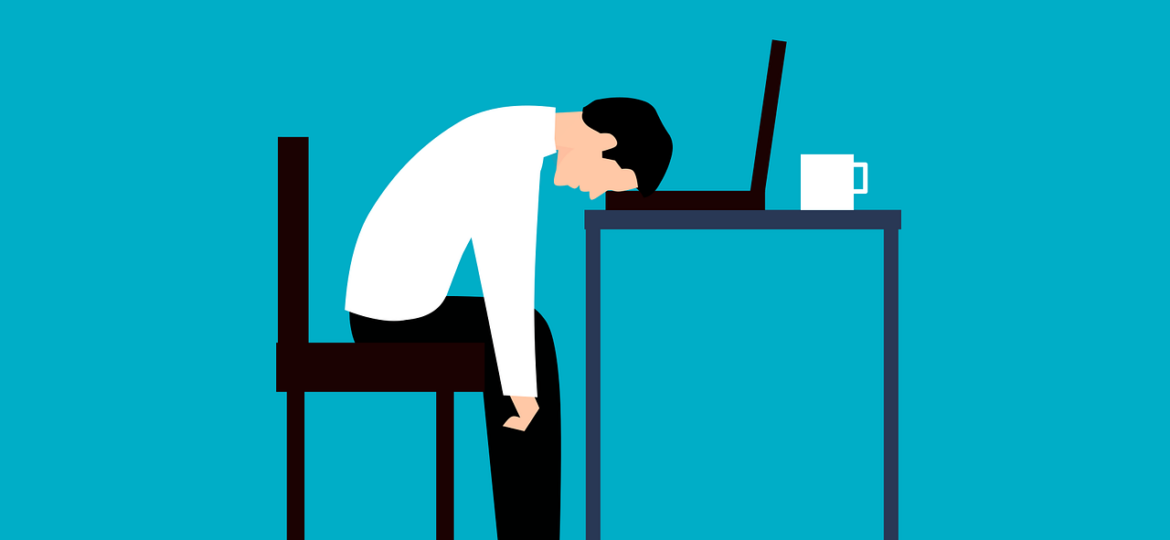So, how do you begin the work day?
Perhaps you dive in to check emails first thing. Or you might scroll through your Twitter feed.
The seminar, “Cultivating Mindful Focus in the Workplace,” concludes that the primary distractions for workers on the job are email and social media.
Not a big surprise.
Do you know workers are bogged down with information equal to 174 newspapers each day? Here are more distracting facts that made us sit up and listen:
- Almost 50% of the time we are not paying attention and experiencing dissatisfaction at work
- Every three minutes we are interrupted on the job
- More than one-third of us are so distracted we cannot get on with our work
So, when our minds are wandering, we are less productive and less happy.
What’s the solution? Be more mindful.
Experts with the UW-Madison School of Medicine and Public Health and the Center for Professional Development at the Wisconsin School of Business tell us that being mindful starts here:
- On overload? Take a break. Stop, drop what you are doing and be in the moment. Sounds simple, but if you are constantly running on all cylinders, this might take some effort.
- Breathe. Personal management starts with this basic element of our daily lives. Pause for two minutes to create space and calmness around you. Then, take three deep breaths at your desk each day BEFORE opening your inbox to build a positive attitude.
We need to pause and learn to breathe. And then consider the 5-3-1 Rule to complement your well-being:
- Be mindful for five minutes each day. Spend this time in meditation. Slow down. Breathe.
- Think of three things that happened – good or bad. At the end of the day, think about and write down the experiences in a journal.
- One random act of kindness. Once a day, compliment someone. Think kind thoughts about another person, wishing them well.
Practicing mindfulness is just like shampoo. Lather. Rinse. Repeat.
Want to learn more? Here’s a recommended read: The Emotional Life of Your Brain by Dr. Richard Davidson, or visit the Center for Investigating Healthy Minds at the Waisman Center, UW-Madison.


